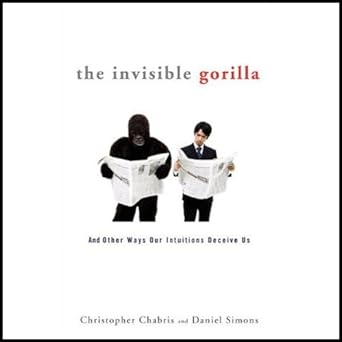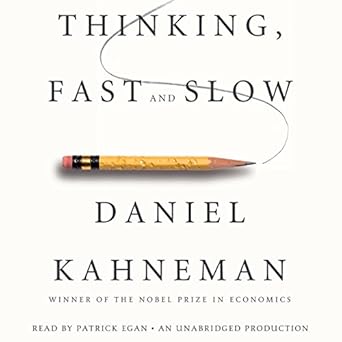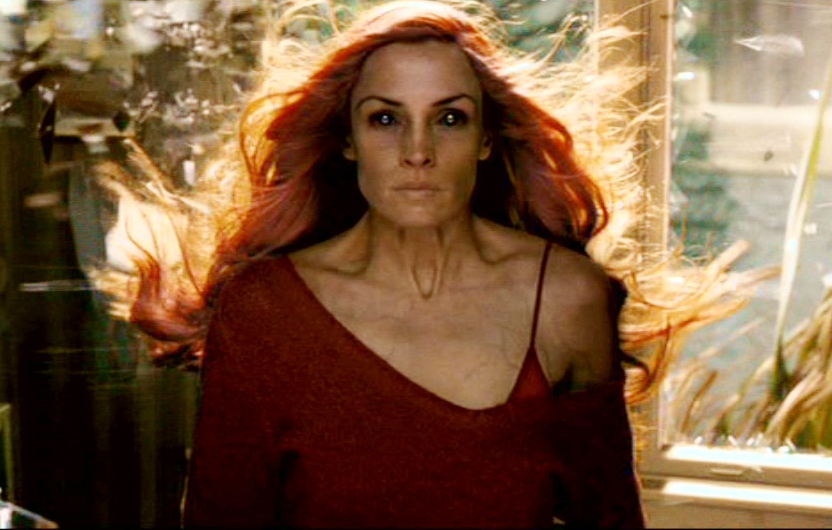Hi. I'm Ben. Like you, I am a white man. Not only that, but I'm also married to a white man, so I guess you could say I'm pretty much an expert on the topic of white men. As such, it has come to my attention that lately a lot of white men are feeling a little downtrodden, maybe a little ganged up on by everyone else. It's disorienting to spend the first half of the movie believing you're the hero, and then suddenly feel like they've flipped the script and now you're the villain. You may be wondering what you did to deserve all the flack white men are getting lately. I'm here to tell you that I know how you feel.
I grew up in Hawaii where, at least at the schools I went to, being white made me a minority. I was also one of the few Mormons at my school, poor, nerdy, unathletic, being raised by a single mother, and secretly gay, so nothing about my experience with the world led me to believe I was in a position to oppress anyone else. I was the bottom of the food chain, and the school bullies made sure I knew it. Yet in ninth grade history, when we learned about the ways white men overthrew the peaceful queen of Hawaii and stole the land away from the native population, it felt like all eyes in the room were on me. In tenth grade, when we learned about the ways white men enslaved, lynched, and raped black people, I felt like everyone thought I was somehow to blame. By the time we got to world history in eleventh grade, two things were clear to me: White men were responsible for most if not all of history's greatest atrocities; and I would forever carry the weight of this guilt on my own shoulders. I wanted to scream, "But it wasn't me!
I didn't do those things!" #NotAllWhiteMen!
My friends patiently listened while I complained about feeling singled out for crimes my ancestors committed and reassured me that I was, in fact, a good person and nothing like those
other white men. I'm sure it helped that my friends knew I was born and raised in Hawaii, so I was exempt from the general disdain for mainland
haoles shared by many locals. It also helped that I hadn't committed any genocides. (Yet.) I felt heard and understood, so I could go back to hearing and understanding others, even when what they had to say assigned blame for everything that's wrong with the world to my people.
Part of my disconnect was that I never truly thought of white men as "my people." At home I regularly listened to my mom complain about cold, prim and proper, heartless mainlanders, in contrast to the warm, casual, loving people of the islands. At school and church I was surrounded by the mix of Asians and Pacific Islanders that make up much of Hawaii's population. White people were truly
haole to me--the Hawaiian word used for Caucasians literally means "foreign." As for men, they were equally foreign to me. There were no men in my home, so the only men I saw were two-dimensional characters on TV and in comic books, the occasional male teacher, and the seemingly perfect authority figures at church. I didn't relate to any of them because of the above-mentioned secret gayness, which in my mind made me fundamentally different from the universally straight men I saw in the world around me. My people were brown people and women, so when they complained of being victimized by white men, I was right there with them.
 |
| I also watched a lot of Scooby-Doo. |
Several years later, after I published
an essay about being a gay Mormon married to a woman, I was attacked online by a feminist blogger who accused me of being a misogynist supporter of patriarchy. This was hard for me. Women were
my people. How could anyone think I hate women? How could anyone think I support the oppression of women? At the time I was on my way out of Mormonism, and even as a Mormon I like to think I was pretty open-minded, progressive, and conscious of women's issues. It was something of an identity crisis to be told by someone who is an authority on the matter--a bonafide feminist--that I was in fact the opposite of who I thought I was. I lashed out a bit, learned some important lessons about how to handle online debates, and then eventually moved on, reassured by my feminist friends that I was not, in fact, a misogynist.
The difference between my feminist critic's view and my feminist friends' view rested in how much they knew about me. The critic knew only that I was a Mormon man in a straight marriage, so whenever my written words could be read in either a positive or negative light, she interpreted them according to her assumptions about Mormon men in straight marriages--which, based on her experience with that group of people, was not positive. My friends, on the other hand, knew all those demographic facts about me, but they also knew me as a human being who is generally a decent, non-misogynistic person, so they read any ambiguities of my writing in that positive light.
In both experiences, I felt judged based on my race or gender by people who didn't know any more about me, while those who knew me well enough recognized that the race- and gender-based judgments didn't apply to me. In essence, I had already proven myself to them, and I still needed to prove myself to my critics. This is essentially the place many white men find themselves in today: At least in certain circles, we are assumed racist and sexist until we demonstrate otherwise to the satisfaction of whoever is judging us. I'm not going to lie, it sucks to be treated as guilty until proven innocent. But guess what? Throughout the history of western civilization, this has been the case for women and people of color. I wanted to put "until recently" in that last sentence, but I can't. We've made progress, yes, but racism and sexism continue to pervade our society. So, my white male friends, if you feel like you're being judged for your race or gender, then welcome to the human experience.
But wouldn't an ideal society not judge
anyone by their race or gender, including white men? Yes, definitely, but that's not our current reality; everyone has unconscious biases based on their experience. If someone makes assumptions about you because you are a white men, it's likely that they've had a lot of experiences with racist and/or sexist white men. Calling them hypocrites because they are judging you based on your gender or race does little to change anyone's mind, and it equates the relatively minor harm of being treated as a racist or sexist with the much greater harms of being denied employment, being paid less, being profiled by police, being sexually assaulted or raped, or being murdered because of one's gender or race. Let's be clear: Any unconscious biases you and I suffer from are
not equivalent to institutionalized racism or sexism. Just as women and people of color have fought for centuries to prove white men's assumptions about them are not true, the only way we white men will change biases about us is by
not being racist or sexist.
"But I'm
not racist or sexist!" Two problems with that argument: First, very few racists or sexists describe themselves as such, so clearly self-definition is not sufficient here; the only way to know if we are racist or sexist is to listen to what women and people of color say about us. Second, it's not an either-or thing here. The options aren't either slave owner or not racist. As I mentioned above, we
all have subconscious biases, and many of those biases are sexist or racist. I can march for women's rights, support the #MeToo movement, and treat my female coworkers with respect, and still say something that offends women simply because I didn't fully think through how my words might be interpreted. As an ally I can do my best to understand the experiences of women and people of color and respect their perspectives, but as a white man I cannot completely understand those experiences or perspectives. Not being racist or sexist doesn't just mean avoiding the big, obvious harms; it means listening when women and people of color tell us about the more subtle ways we are making life difficult for them. It means when someone tells me I screwed up, I get over my hurt ego, apologize, and do better.
Being judged unfairly sucks. Having to prove yourself sucks. Instead of feeling bad for ourselves, let's work to create a world where no one has reason to assume white men are racist or sexist--one not-racist, not-sexist white man at a time.




















